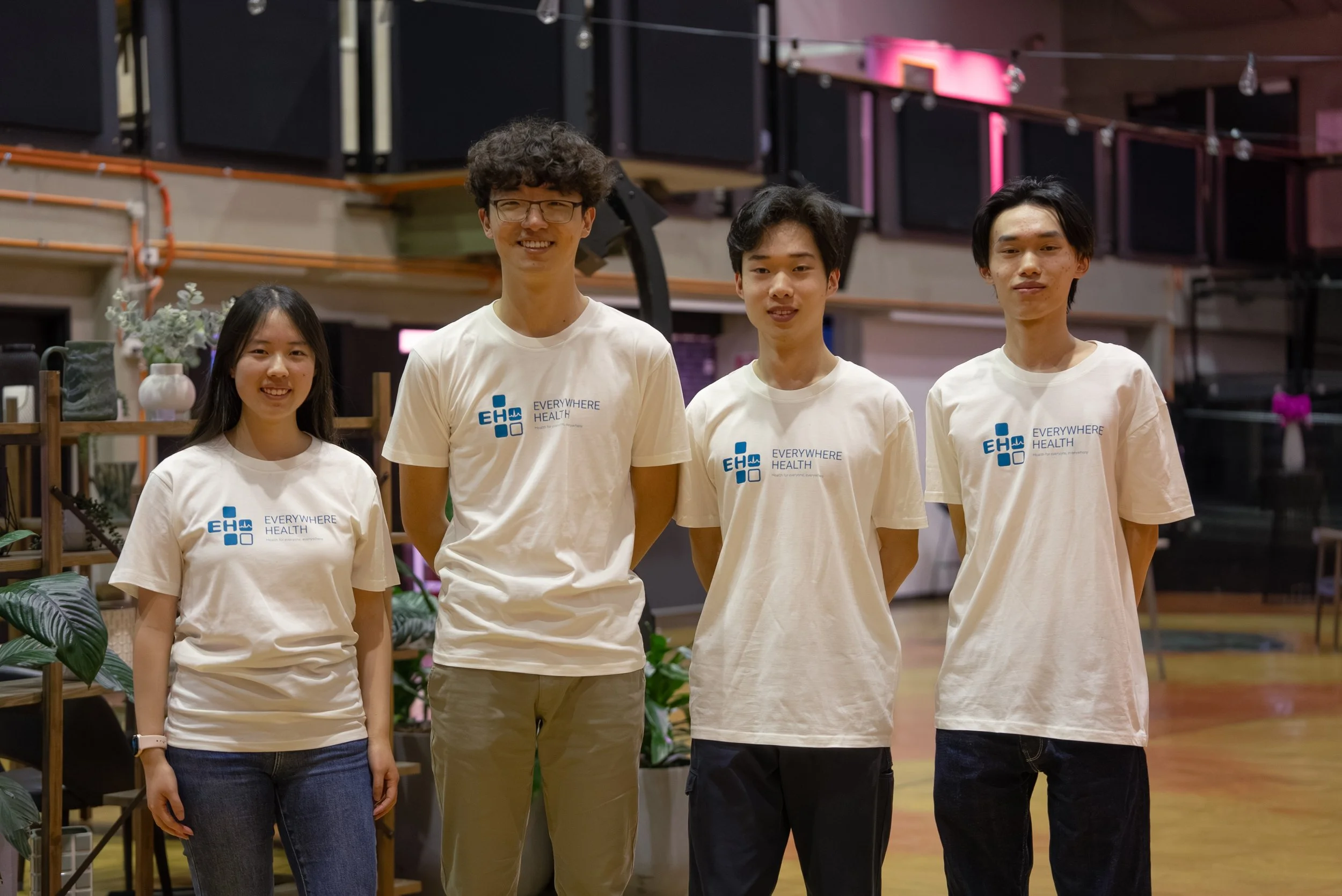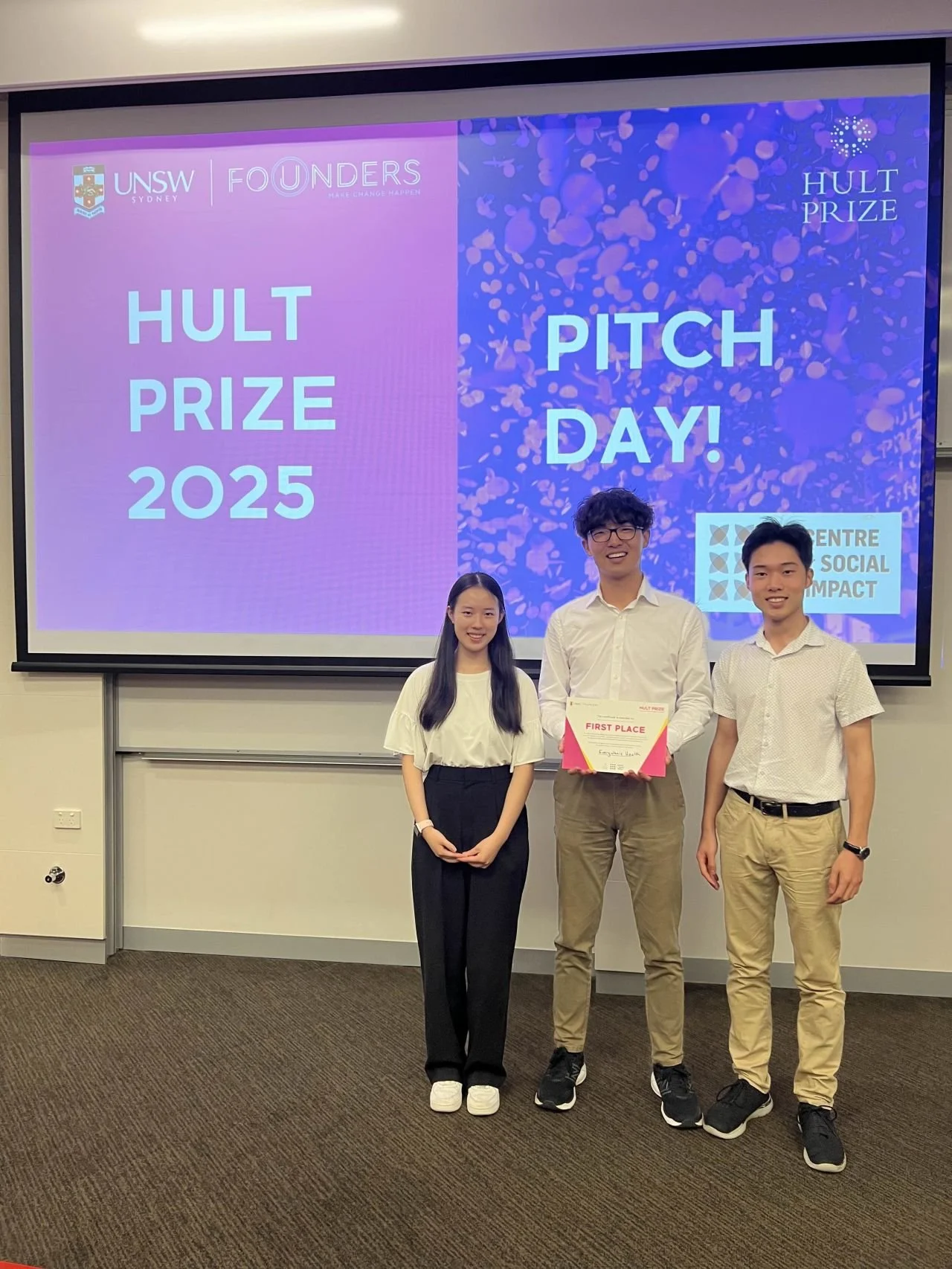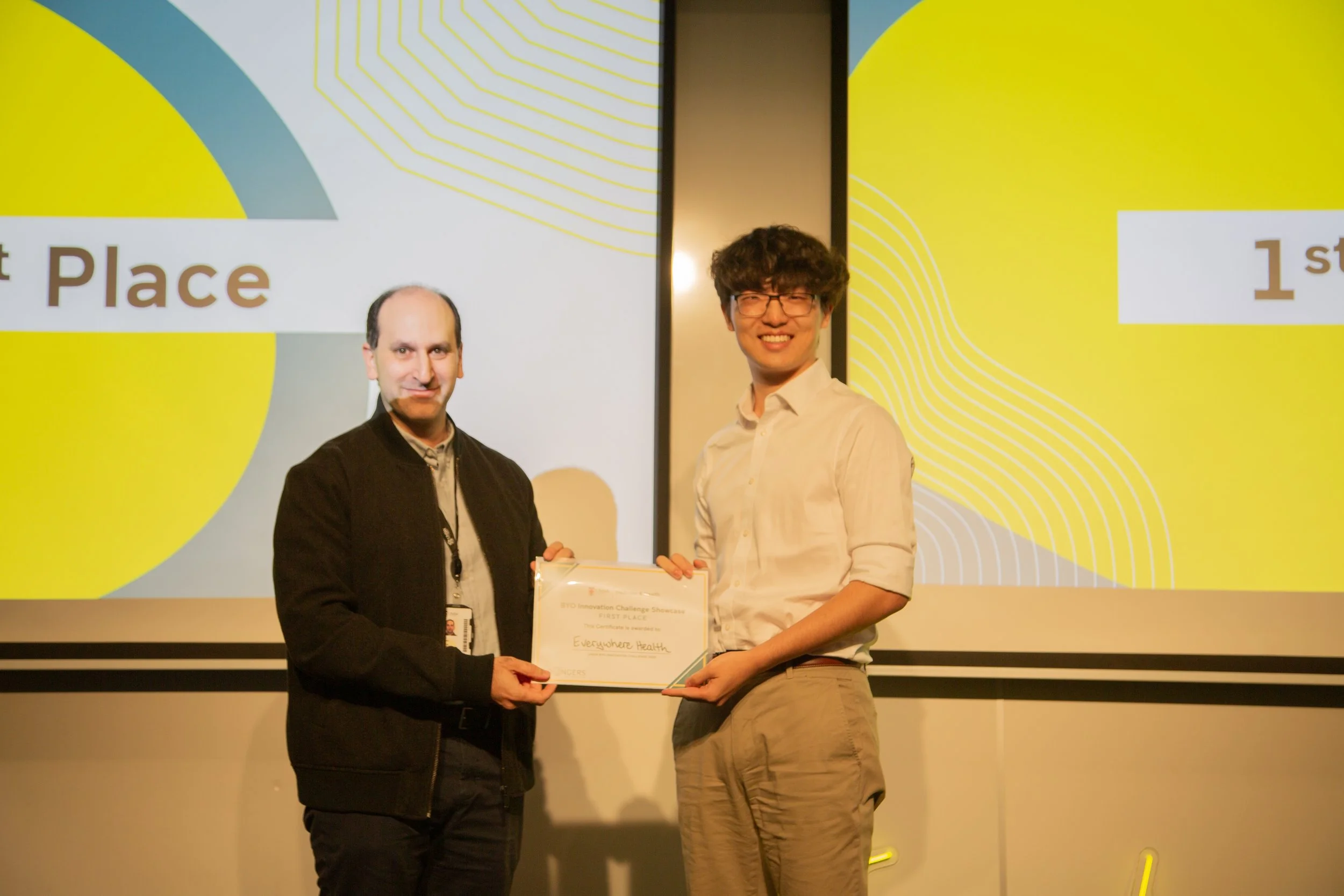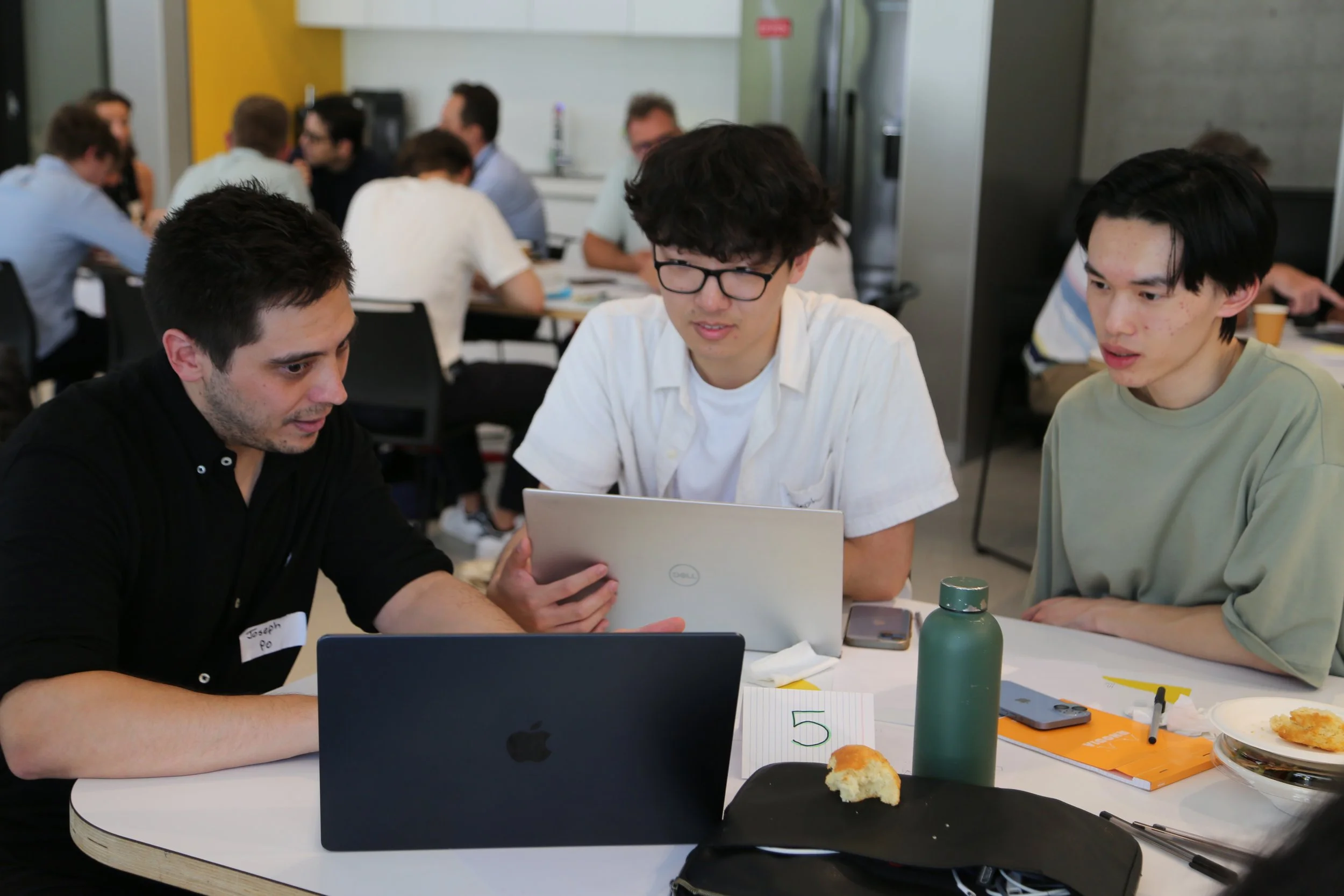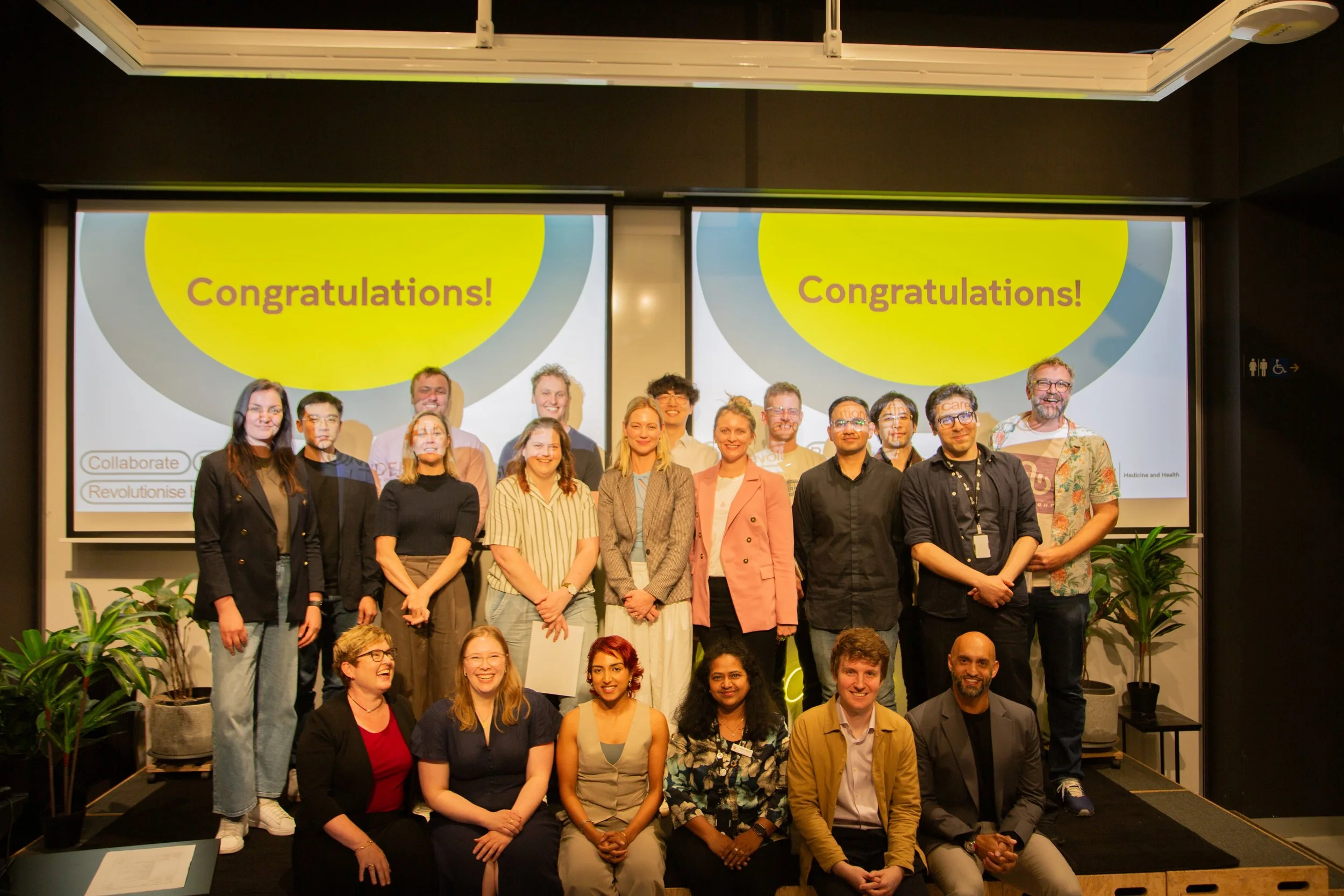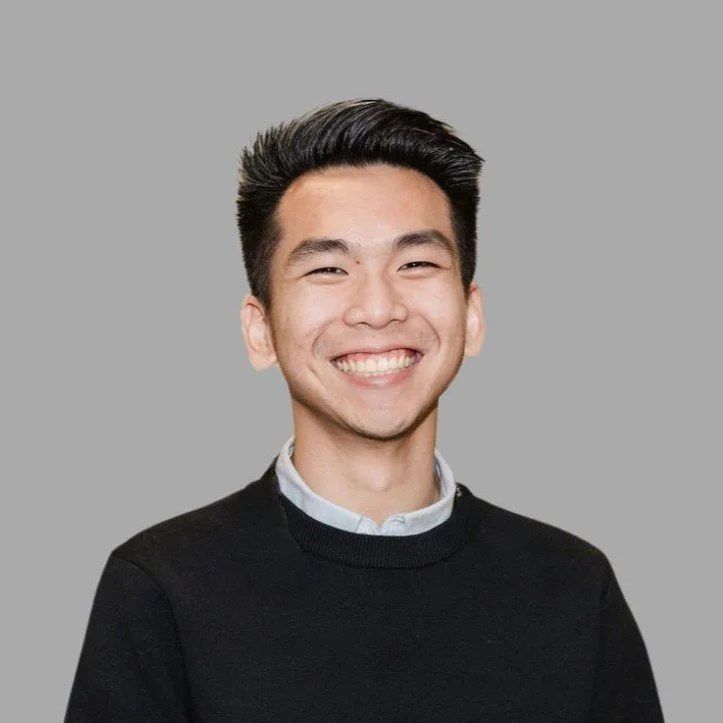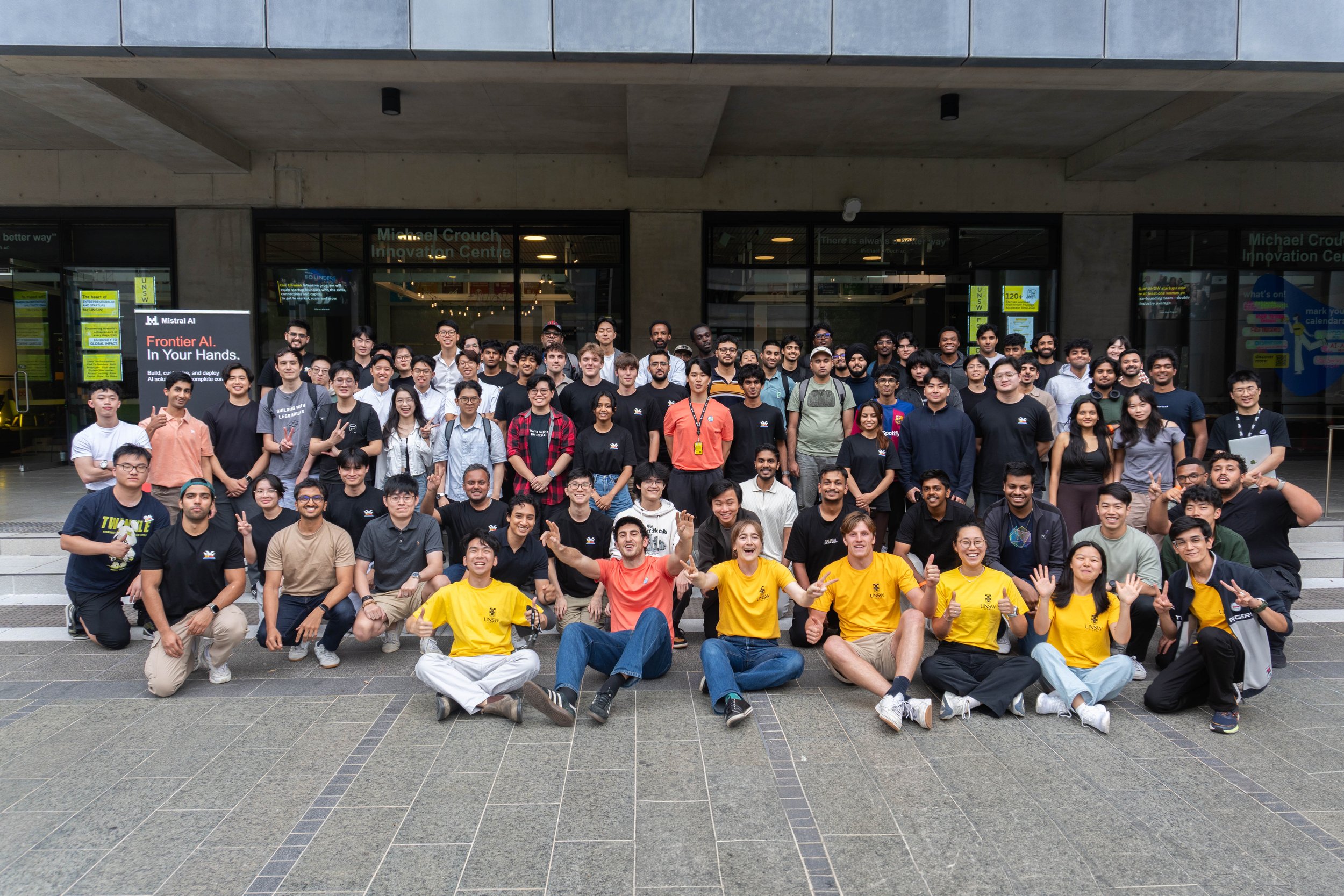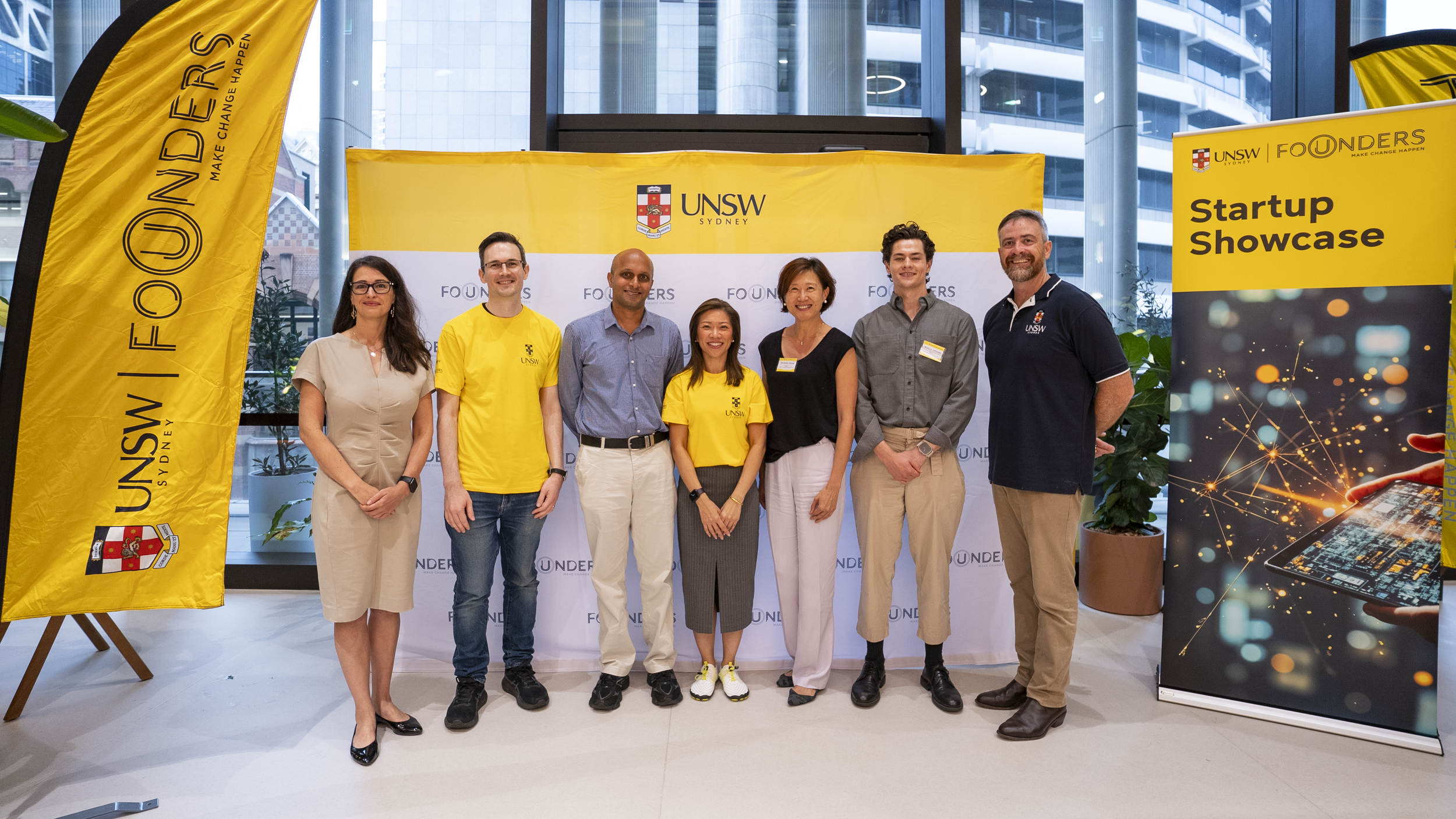UNSW Student Spotlight: Joseph Zhu
By William Nguyen4 min read · November 21, 2025We asked Joseph, a UNSW student studying Medicine and Computer Science, how he’s bringing tech and healthcare closer together.
For Joseph, studying both Medicine and Computer Science isn’t about ticking two boxes. It’s about closing a gap he’s seen firsthand and how new technology often takes too long to reach the people who actually need it.
During his hospital placements, Joseph met a patient who ignored her heart symptoms for too long, thinking she was just ‘tired’.
It made him realise that even with all the rapid advances in technology, much of it still doesn’t reach the people who need it most. Later, when he needed a Holter monitor himself, the complexity and cost of the process prompted him to start Everywhere Health, an idea to make ECG monitoring simple, affordable and accessible.
“Nobody really knows exactly what they’re doing, regardless of how confident they might seem on stage. The most important step is just to try - there’s nothing to lose.” - Joseph Zhu
This Q&A is part of our Student Spotlight series, where we share honest stories from UNSW students turning ideas into something real.
A Holter monitor is a type of portable electrocardiogram (ECG). It records the electrical activity of the heart over 24 hours or longer while you are away from your healthcare provider's office.
What drew you to entrepreneurship?
I'm currently studying Medicine and Computer Science at UNSW. It's a pretty unique degree combination, and my goal when starting both was to help integrate technological advancements into medicine quicker. Entrepreneurship is one of the ways to do exactly that. We know research is important, because you're trying to solve a problem you see in the world; entrepreneurship is to then take that solution one step further and translate it into large-scale real-world impact. .
What inspired you to start Everywhere Health?
It came from seeing how people delay seeking care. The patient I met thought her symptoms were just fatigue, and that stayed with me.
When I later needed a Holter monitor, I saw firsthand how expensive and outdated the process was. I wanted to see if I could build something that removed that barrier.
You’ve gone from your first idea at Hult Prize to winning the BYO Innovation Challenge. What was that journey like?
We decided to participate in Hult Prize 2025 with almost nothing but an idea, and we ended up winning the On Campus round, so winning that first round was a shock. It gave us confidence that the problem we were solving was real.
Then the hard part came - redesigns, funding issues and plenty of failed attempts. The national round was cancelled, and we had to start from scratch more than once. But each setback made the final win at the Faculty of Medicine’s BYO Innovation Challenge feel worth it.
What’s been the hardest part about building a startup while studying?
Time. Balancing two full-time degrees, part-time work and the startup hasn’t been easy. Having people around me who understand, like my mum and girlfriend, makes it doable.
And sometimes, we just didn’t know what to do next. Reaching out to coaches, other founders and experts helped a lot. Even when things didn’t go to plan. We’ve learnt what not to do, which matters just as much.
How has being part of UNSW Founders shaped your journey?
The Founders programs gave us structure at a time when we genuinely didn’t know where to start. Mentors like Julie, Georgia, Joseph (Po) and Mariana helped us focus, plan and keep moving forward.
If you’d like professional coaching, UNSW Founders offers free sessions, you can book one here.
The pitch nights, coaching sessions and hearing other founders talk about their own progress made the whole process feel less intimidating and a lot more possible.
What’s next for Everywhere Health?
We’re focused on producing our first prototype locally, starting conversations with investors, and preparing for clinical trials. It’s still early, but we’re getting closer to testing the device in real settings.
What advice would you give to other UNSW students who have an idea but haven’t started yet?
No one has it all figured out and that’s normal. The best thing you can do is start.
UNSW Founders programs are a great way to get guidance, feedback and a push in the right direction. You’ll learn by doing, not by waiting.
Have a student founder story to share? Email founders@unsw.edu.au
William Nguyen - Author
Events & Communications
William is the guy behind the posts at UNSW Founders. He’s currently studying Education and Media Arts at UNSW, with a soft spot for storytelling that helps students back themselves - whether it’s launching a side hustle, starting a business or just figuring out what’s next. Outside of work, he’s usually at a concert, listening to jazz, eating his weight in seafood or making TikToks (for fun and research). Fun fact: he can turn literally anything into a LinkedIn post.
Similar to this article


